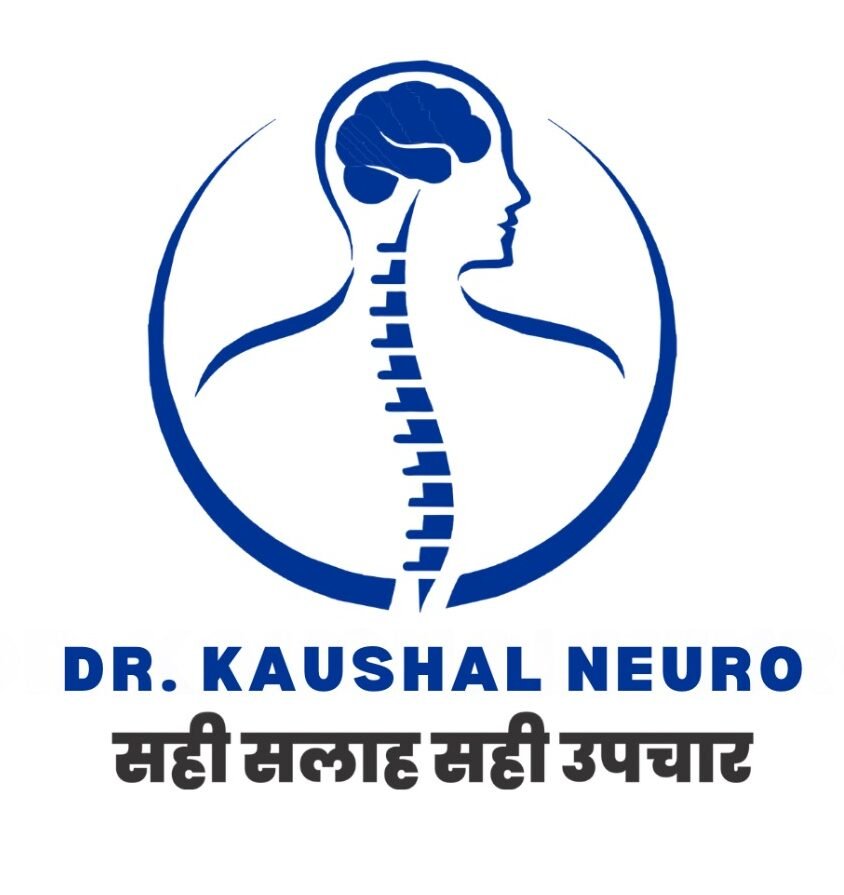Dr. Kaushal, a distinguished neurosurgeon, specializes in diagnosing and treating brain tumors. With a focus on early detection and personalized care, he utilizes advanced techniques to optimize outcomes. Beyond surgical expertise, he emphasizes patient education and support, ensuring a holistic approach to treatment. His services contribute to timely interventions, improved prognosis, and enhanced patient well-being.
- Nausea
- Vomiting
- Blurry, double-vision
- Loss of sensation or movement in an arm or a leg
- Poor balance and coordination
- Trouble walking
- Speech problems
- Fatigue
- Loss of bladder or bowel control
- Increased appetite with weight gain
- Swallowing difficulties
- Paresthesia (numbness or tingling sensation on one side of the body)
- Muscle weakness
- Confusion
- Memory loss
- Poor concentration
- Hearing problems
- Having trouble following simple instructions
- Behavioral changes
- Vertigo (dizziness)
- Seizures
- Vision Loss
Non-surgical Treatment Options
- Watchful waiting- Periodic monitoring of small tumours that do not cause noticeable symptoms.
- Medications- Help reduce the pressure in your skull. Examples: corticosteroids and mannitol
- Radiation Therapy- This method uses radiation to destroy the tumour cells to shrink the tumour.
- Chemotherapy- This treatment uses anticancer drugs to kill the tumour cells in your brain and throughout the body. These are given orally or injected into your bloodstream.
Surgical Treatment Options
- Shunts- A shunt (a thin piece of tubing) is surgically inserted in your brain to drain excess CSF (cerebrospinal fluid).
- Craniotomy- A surgical method involves the removal of a piece of your skull to access the brain and remove the tumour.
To detect a brain tumour, your doctor may suggest diagnostic tests like CT scans, MRIs, PET scans, biopsies, and specialised tumour marker tests.
Factors contributing to the increased incidence of brain tumors include age, a higher prevalence among men, exposure to environmental triggers such as pesticides, solvents, or oil products, a family history of brain tumors, and exposure to infections and allergens.
Yes, thanks to the advancement in imaging technology and neurosurgery, it is possible to cure brain tumors through surgery, medications, radiotherapy, immunotherapy and so on.
Treating a brain tumor requires a multidisciplinary team of specialists, such as a neurologist, an oncologist, a radiation oncologist, a physical therapist, a dietitian and a counsellor.
Brain tumors can manifest psychiatric symptoms including mood swings, memory problems, personality changes, anxiety, and depression. These symptoms highlight the impact of the tumor on various aspects of mental and emotional well-being.

